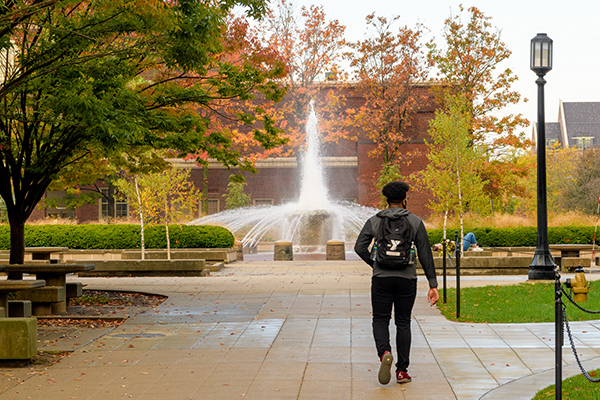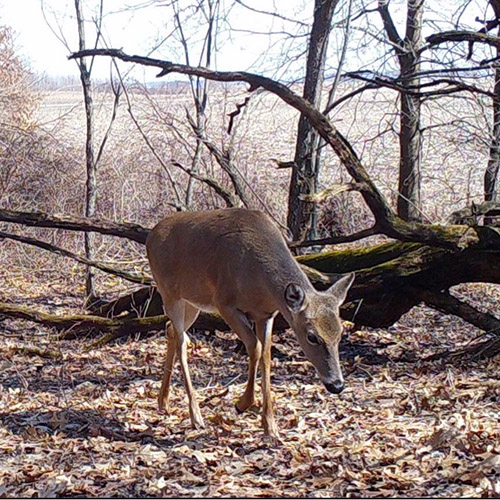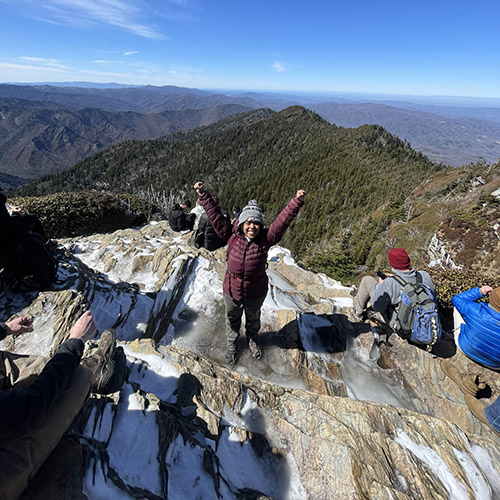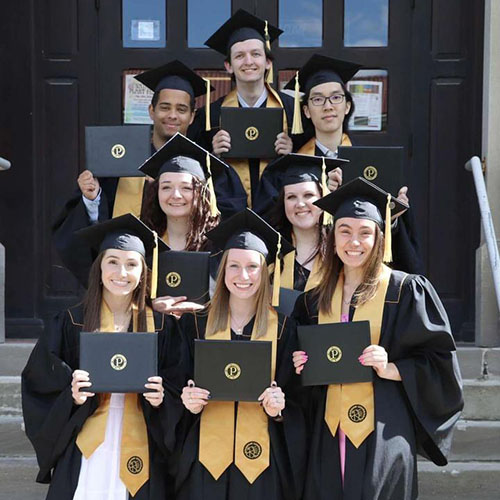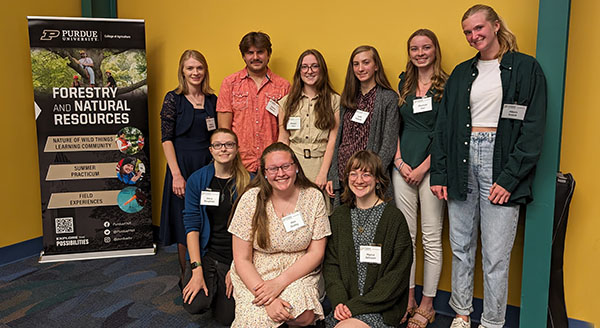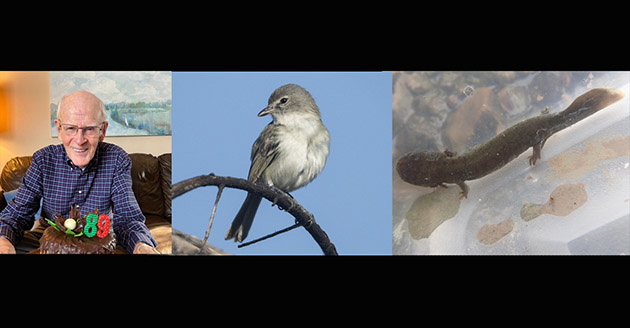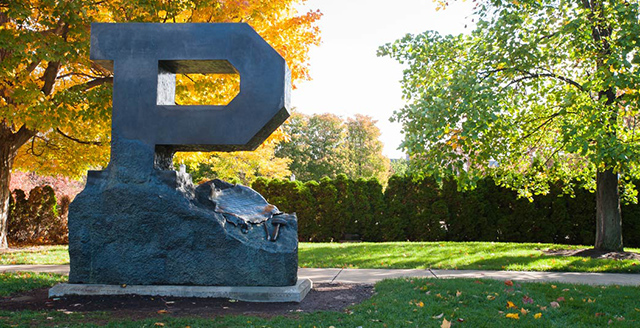FNR Graduate Program - Changing Tomorrow Through Research
The FNR Graduate Program is one of the MS and PhD degree granting departments in Purdue’s College of Agriculture. FNR houses 30+ faculty and approximately 85 graduate students. The FNR Graduate Program is administered by the FNR Department Head and the FNR Graduate Committee. The Graduate Committee is comprised of FNR faculty and the FNR Graduate Program Coordinator. Program requirements are determined by faculty vote.
Our faculty and staff provide expertise in diverse areas, including Aquatic Sciences, Digital Natural Resources, Ecology of Natural Systems, Forest Science, Genetics, Hardwood Products Innovations, Natural Resource Social Science, Quantitative Ecology, and Wildlife Science
The most competitive applicants are awarded funding from the College of Agriculture, Purdue University Graduate School, and the Department of Forestry & Natural Resources.
98% of FNR graduate students are successfully employed or continued with their education.
Research is conducted on 25 forest properties across the state and in 18 labs.

